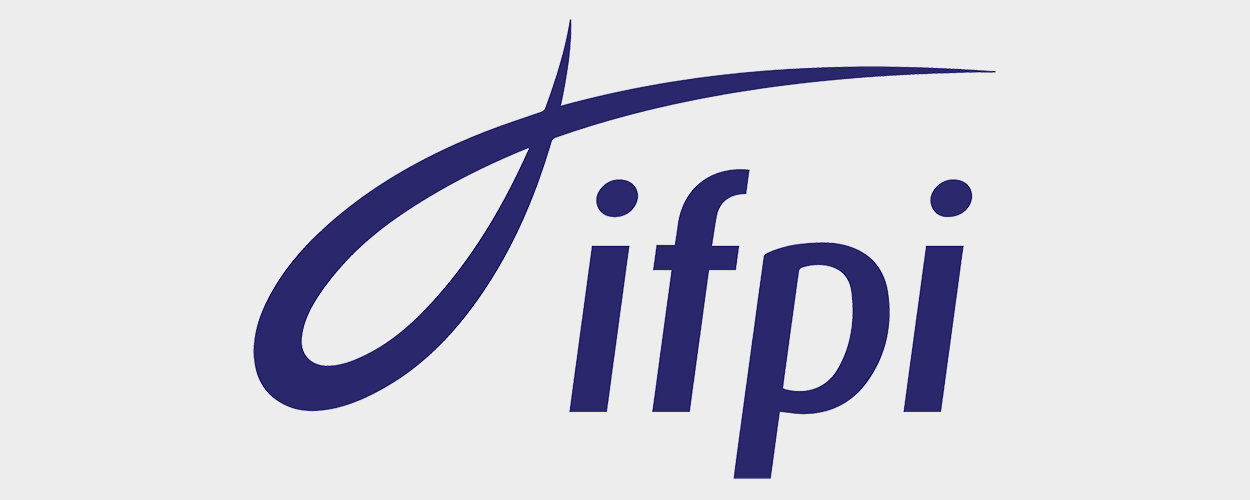This website uses cookies so that we can provide you with the best user experience possible. Cookie information is stored in your browser and performs functions such as recognising you when you return to our website and helping our team to understand which sections of the website you find most interesting and useful.
Business News Digital Labels & Publishers Legal
Music industry allowed to intervene on landmark web-blocking case in Canada
By Chris Cooke | Published on Tuesday 30 June 2020

A court in Canada has said that it will allow national and global trade organisations for the music industry to intervene in an ongoing legal battle over web-blocking in the country.
The battle is with Canadian internet service provider TekSavvy, which has appealed a web-blocking order that was issued by the courts last year against piracy site GoldTV.ca. It was actually some rival ISPs that sought that web-block, mainly because they also operate cable TV networks, making sites like GoldTV.ca a threat to that side of their business.
Web-blocking – where courts or government agencies order ISPs to block access to copyright-infringing websites – is often controversial when first introduced in a country, as with this case in Canada. Critics say that web-blocks are not an effective anti-piracy tool, because they are relatively easy to circumvent, and that any web-blocking process will be open to abuse, impacting on freedom of expression online.
That said, once web-blocking is up and running – such as in the UK – those controversies usually die down. Yes, the blocks can be circumvented, but they still make the piracy experience less compelling and allow copyright owners to highlight legitimate licensed content services. And web-blocks are only usually issued against sites whose liability for copyright infringement is pretty clear.
Obviously, given this case will set a precedent, the global trade organisations for the music industry are keen that somebody says all that as TekSavvy appeals the GoldTV.ca web-block. Which is why the International Confederation Of Music Publishers and the International Federation Of The Phonographic Industry – and their local counterparts – recently requested the right to intervene on the case, so that they have a formal opportunity to big up web-blocking in court.
The ICMP and IFPI said at the time that they have “significant international experience” when it comes to what anti-piracy practices actually work, and that “as representatives of the music industry, which has long been at the forefront of the battle against online copyright piracy, [we can] assist the court in understanding the broader impacts of its decision across the cultural industries”.
The music industry groups weren’t the only interested parties asking to intervene on this case. Representatives for the movie industry, the football business and a range of book and academic publishers also wanted to speak up in favour of web-blocking. Meanwhile, three other organisations wanted the opportunity to formally explain why web-blocking is a terrible idea.
The judge overseeing the case decided to allow all those interventions last week. Although the various organisations were split into three groups to simplify things a little, with all the copyright owners asked to make a joint submission.
Allowing all the interested parties to make separate submissions “would result in lack of economy and duplication” the judge said, but then him picking between reps for the music, movie, sports and book industries to speak for all the copyright owners would be “arbitrary”.
Splitting everyone into three groups is the best option, he therefore concluded: “The collaboration of the related parties in each group is likely to create useful synergies and a more compact submission, which invariably happens to be a more persuasive submission”.
“To the extent that the related parties disagree with each other or have a different take on a particular issue, they can express that in their memorandum”, he went on, before adding: “The parties’ related nature and the similarity of their positions suggest that major conflict is unlikely”.





